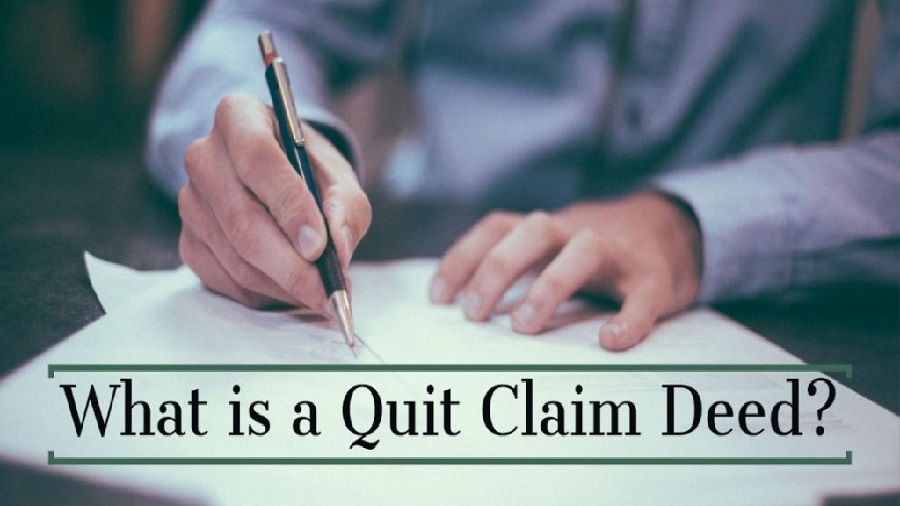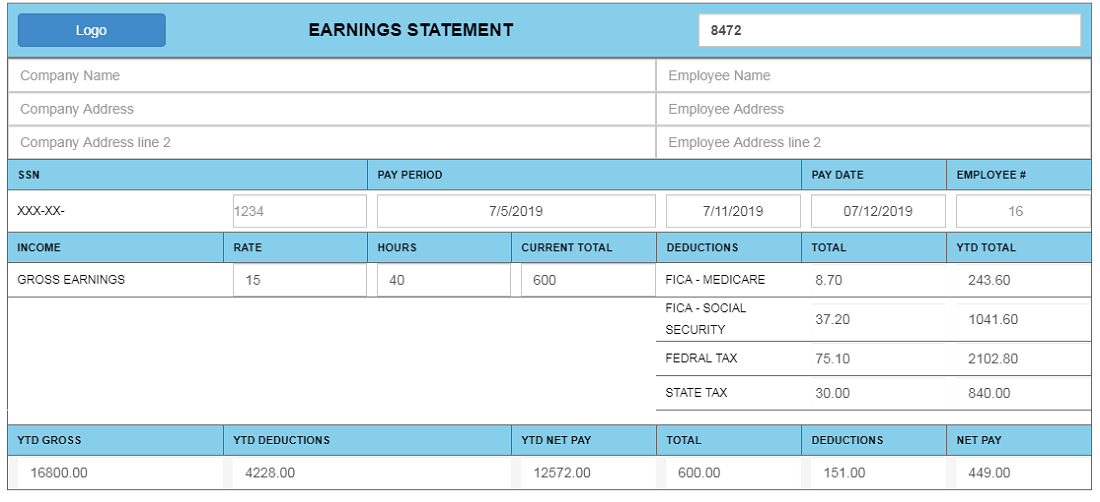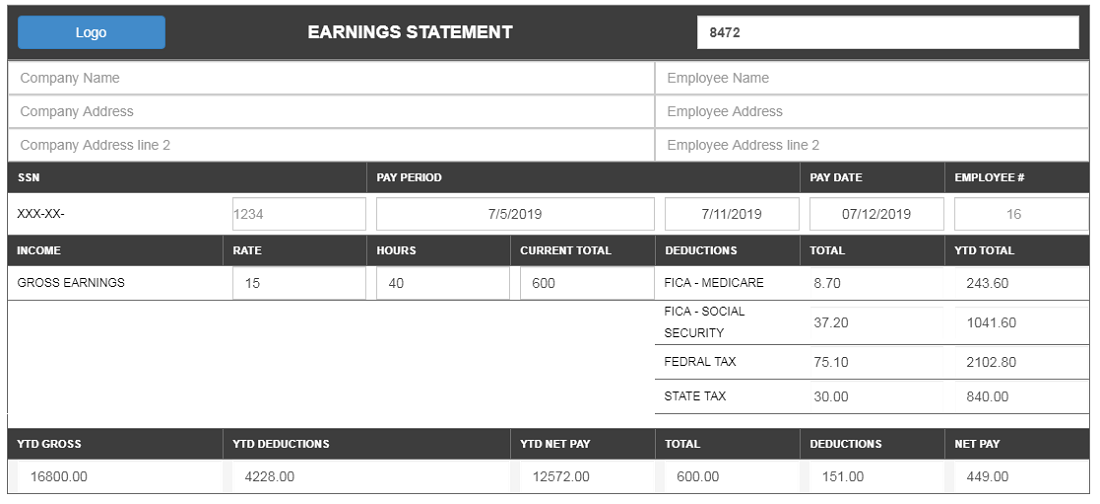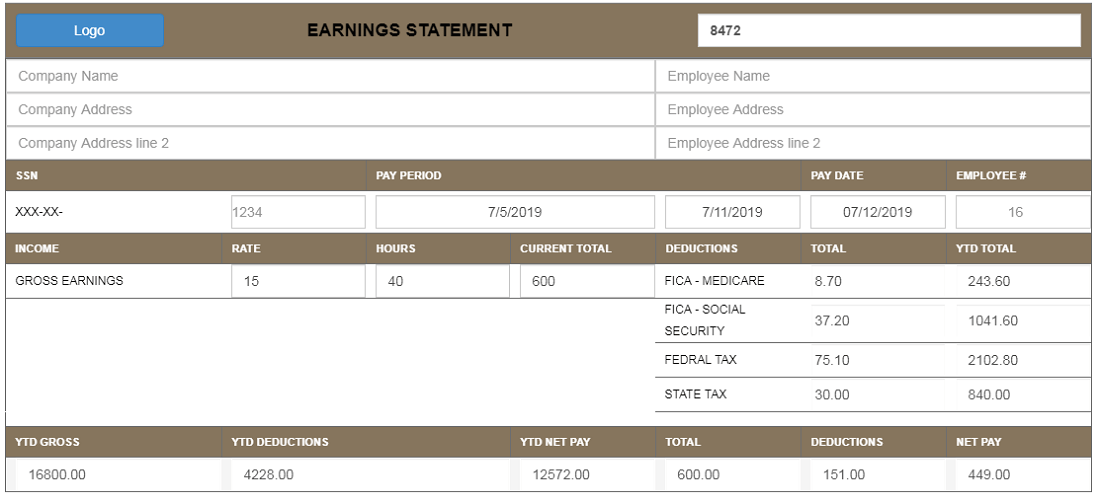

What is Quit Claim Deed?
A quitclaim deed is a valuable tool for transferring property ownership, particularly in situations where there is an existing relationship or trust between the parties involved. With a quitclaim deed, the property owner relinquishes any claim or interest they have in the property to the recipient, in exchange for a promise of non-contention.
This type of deed simplifies the process of transferring property to a buyer, although it's important to note that a quitclaim deed does not provide the same buyer protections as a general or special warranty deed.


In what situations would you typically use a quitclaim deed?
There are several reasons why you may need a quit claim deed. Here are the most prevalent uses:
- Family: transfers to and from family members (grandparents, children, siblings)
- Marriage: A married property owner desires to add his or her spouse to the title.
- Divorce permits one party to release his or her interest in the property, often as part of a settlement agreement.
- Estate planning transfers ownership to a trust.
- Business: transfers property to a business.
- Chain of Title/Title Defect: a title insurance company locates a party having possible interests in property and asks them to waive their rights or eliminate “clouds” on the title (correct misspellings or wording errors).
- Public Auction / Tax sale: The buyer bears the risk of a faulty title.









